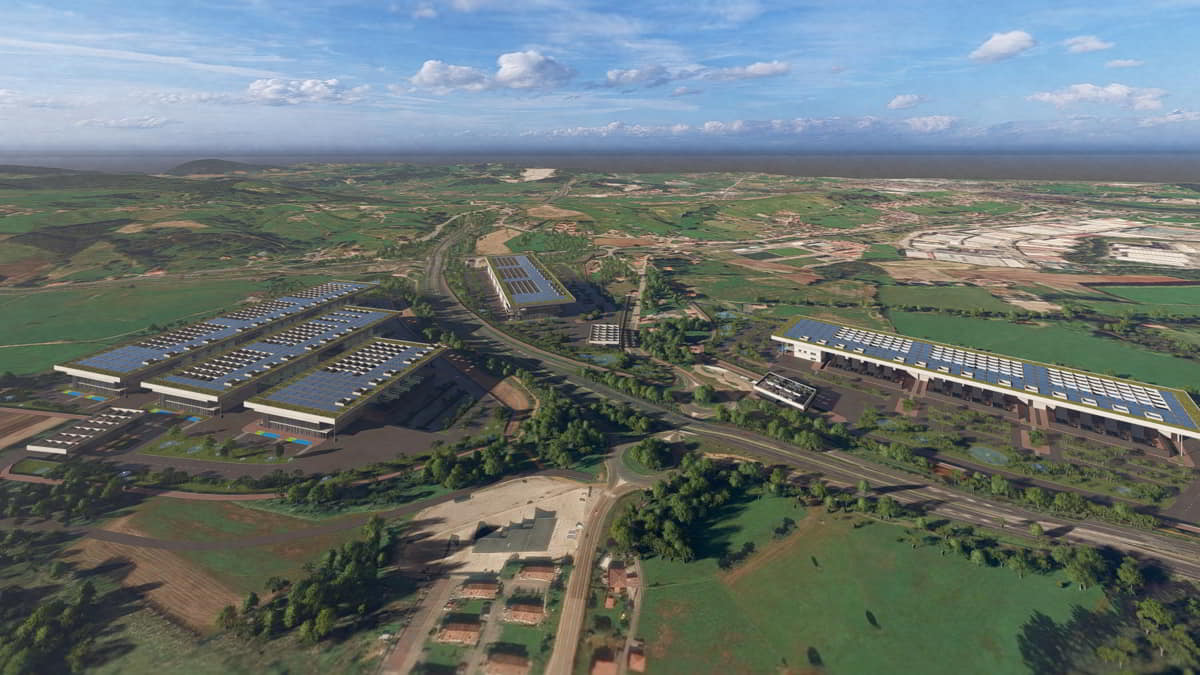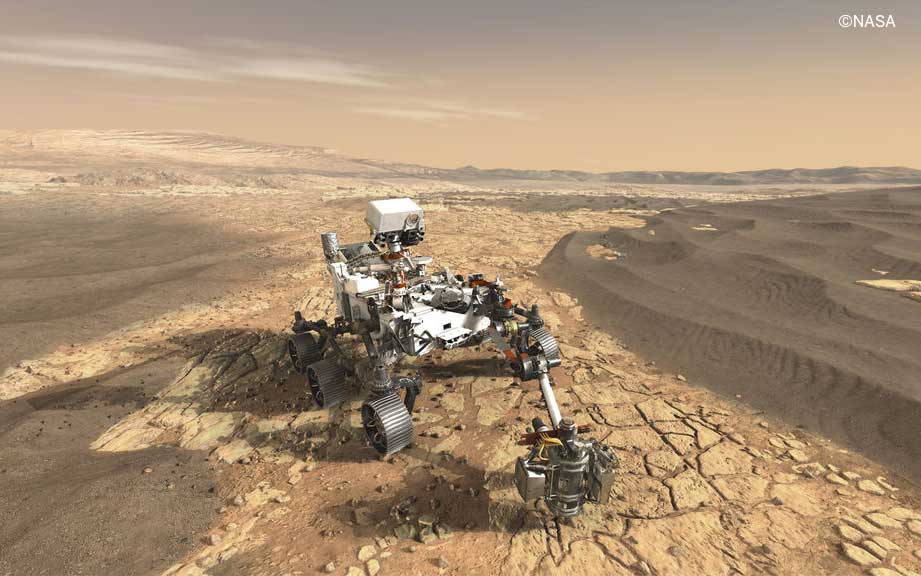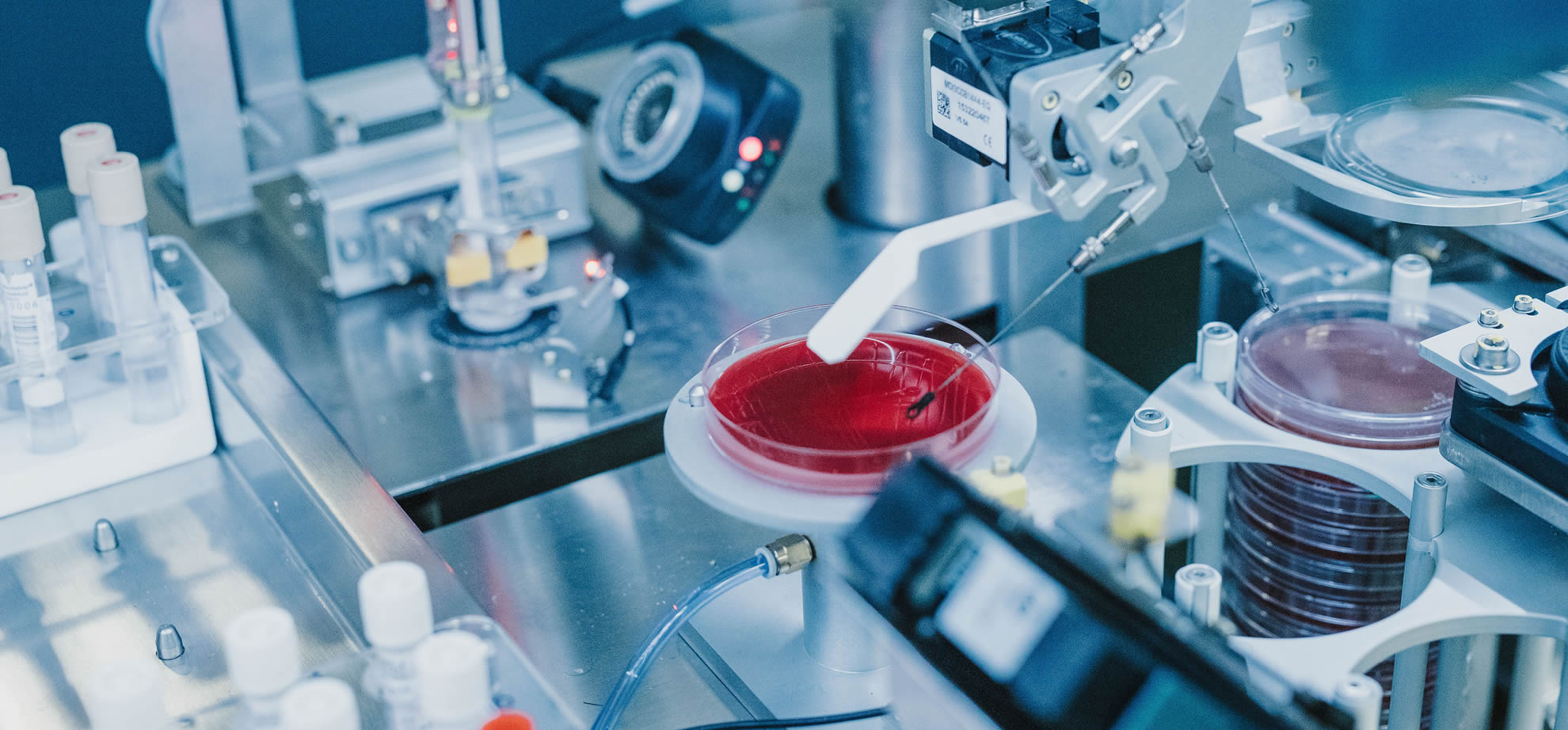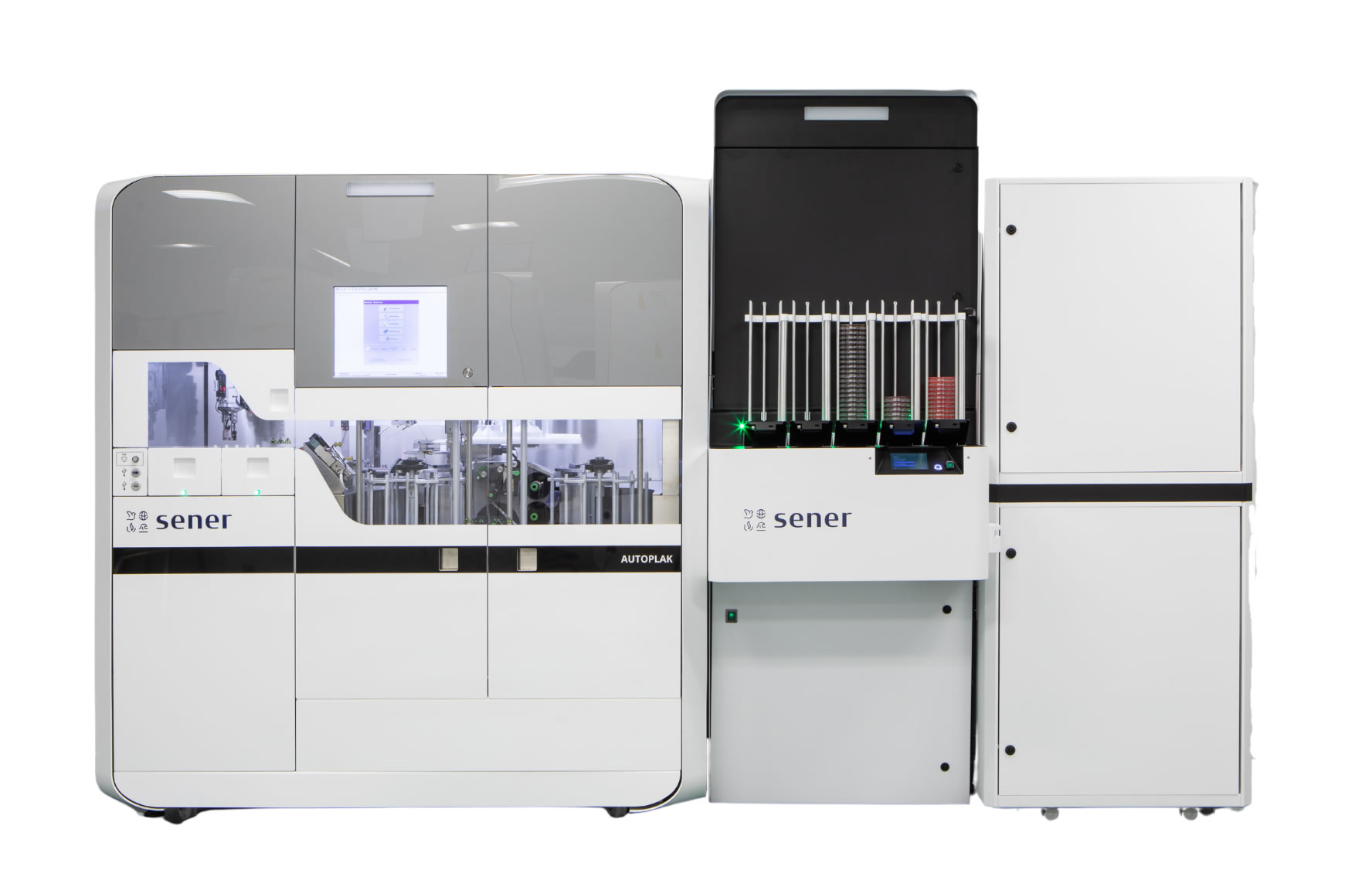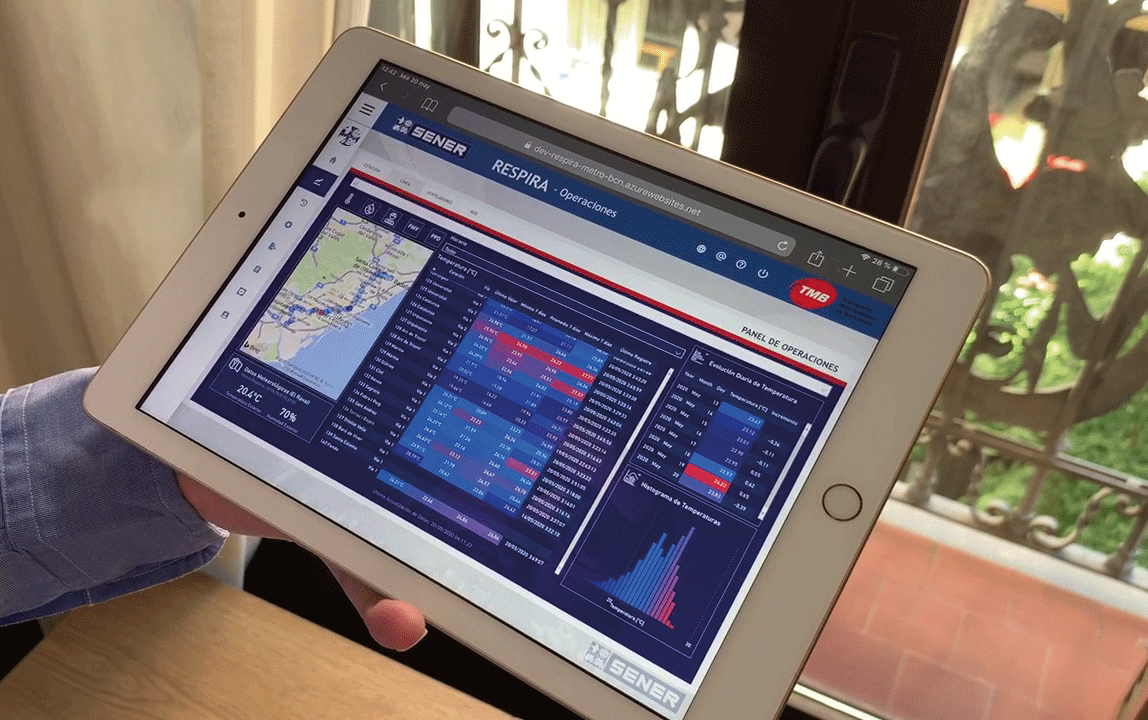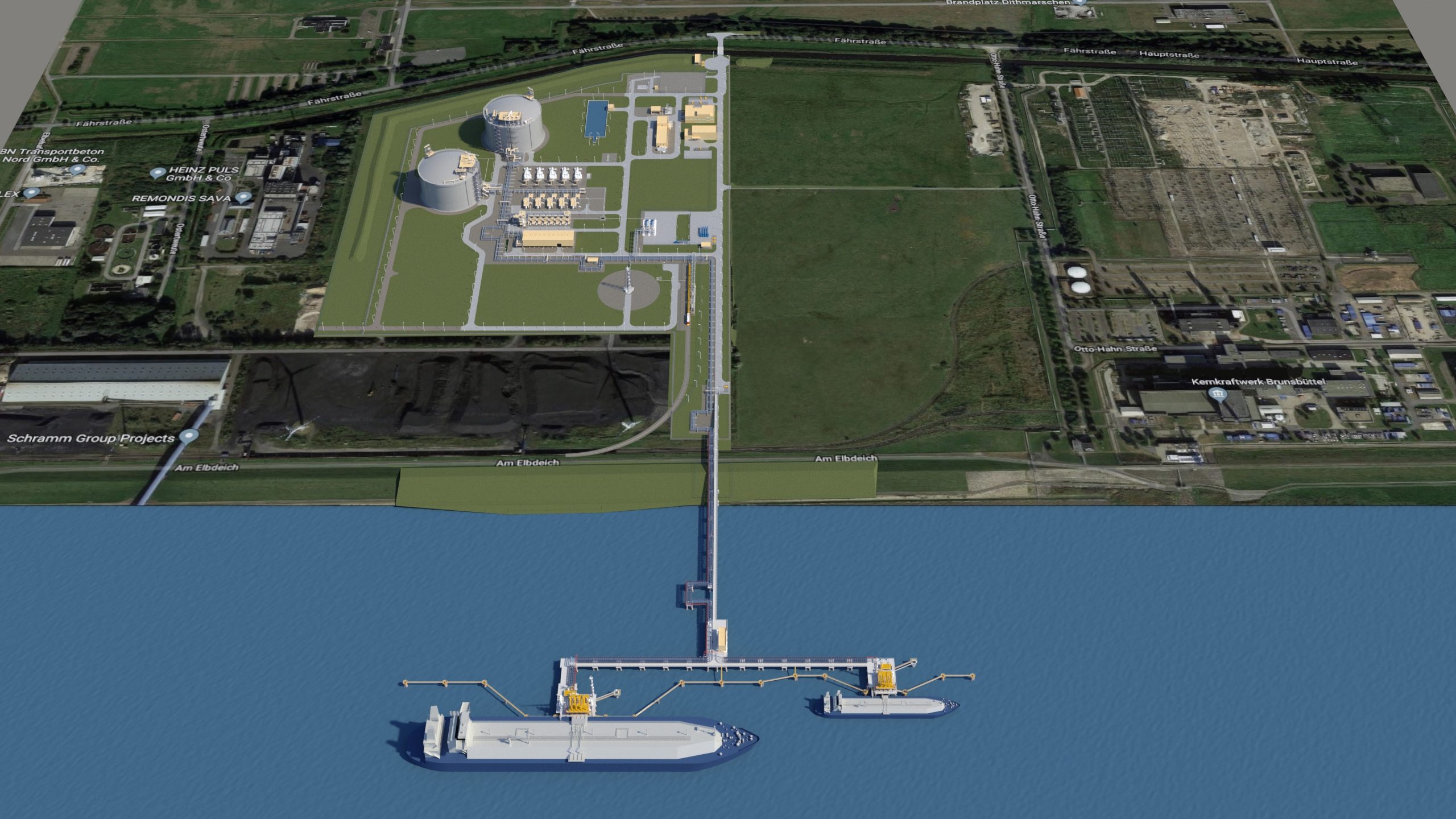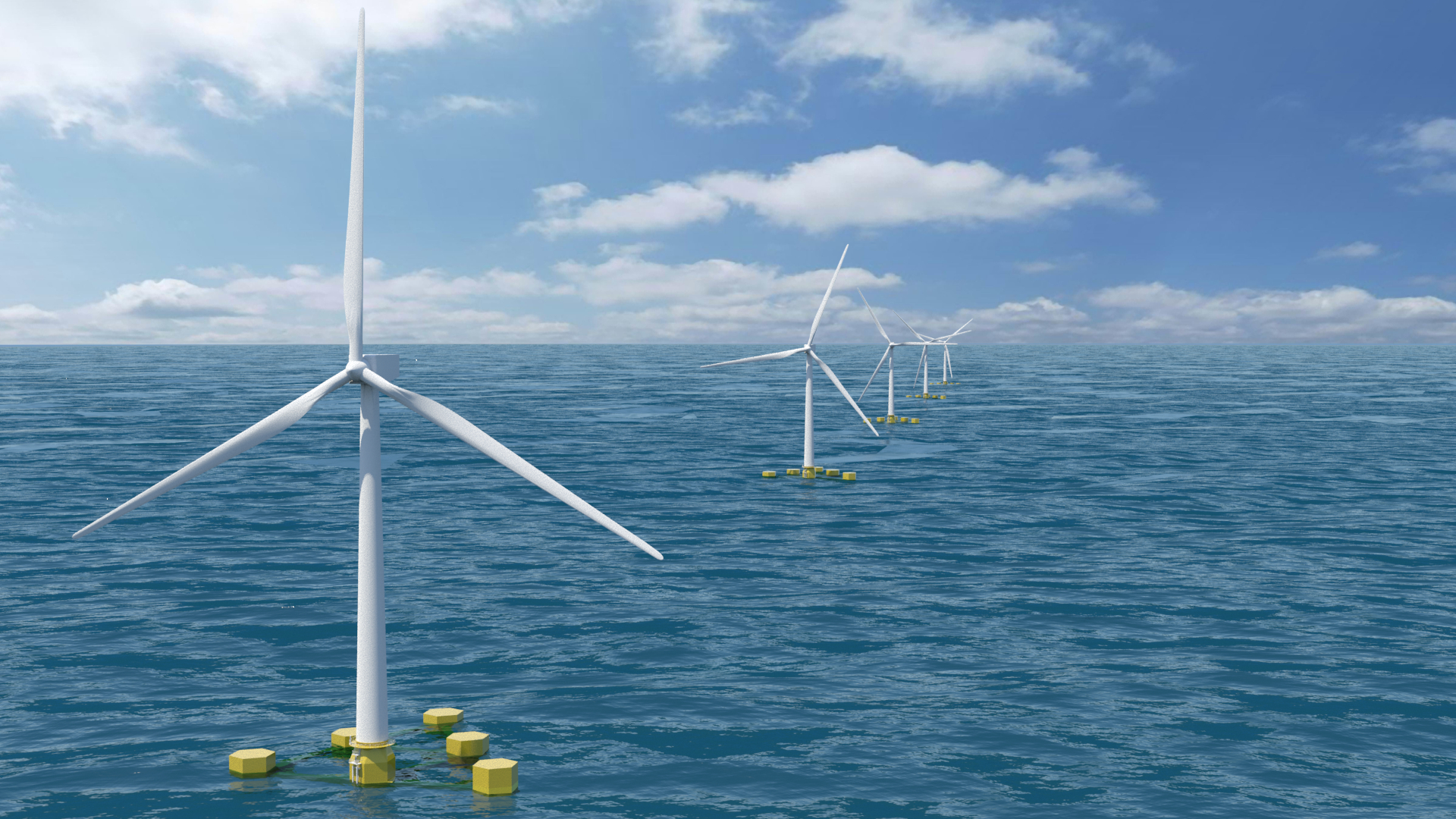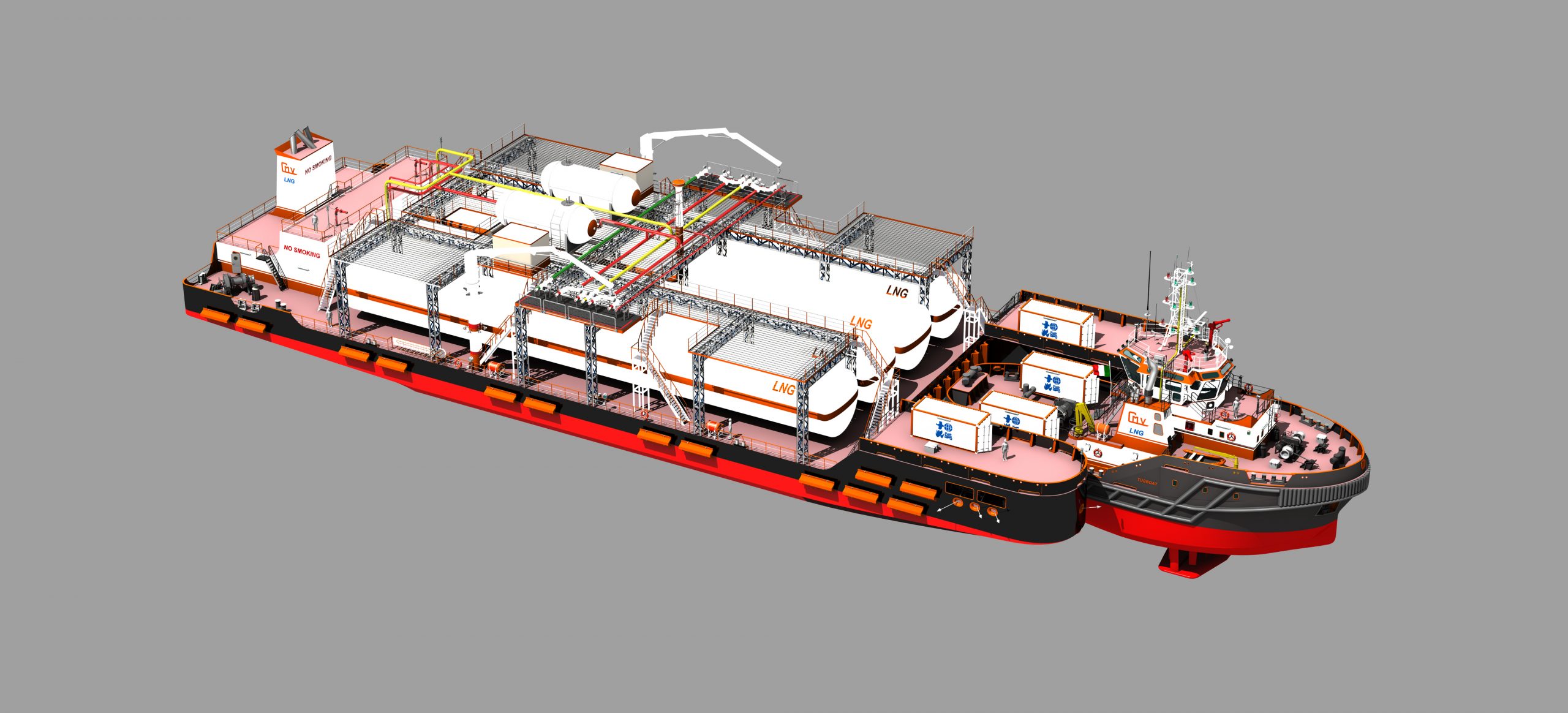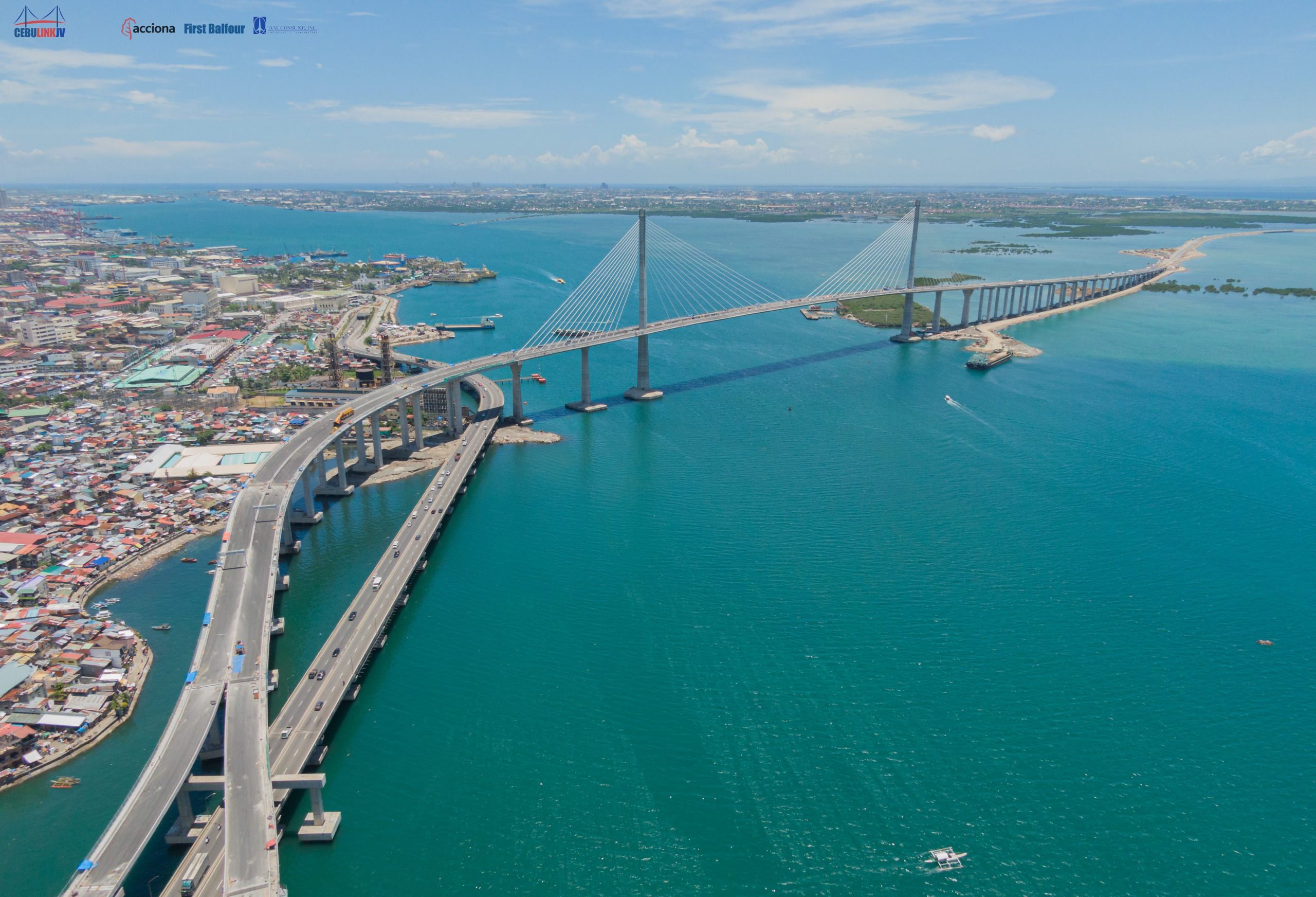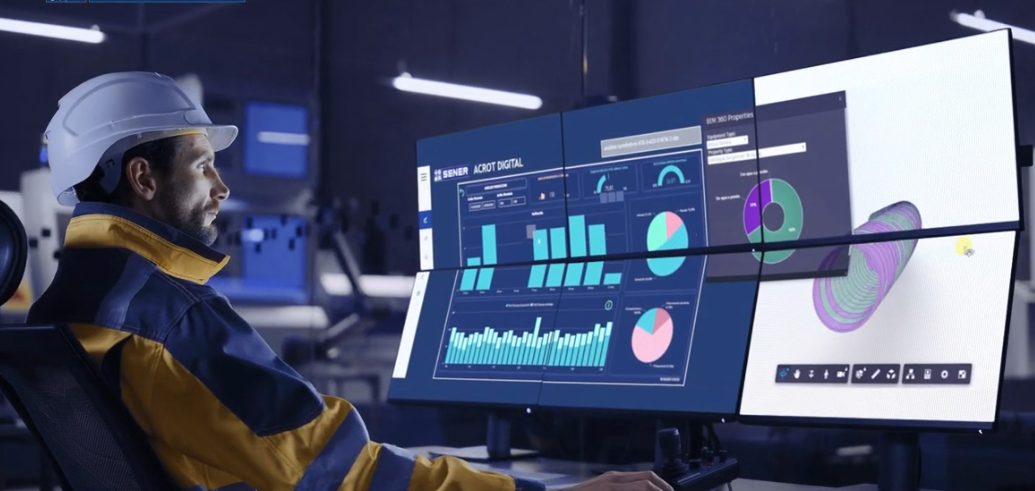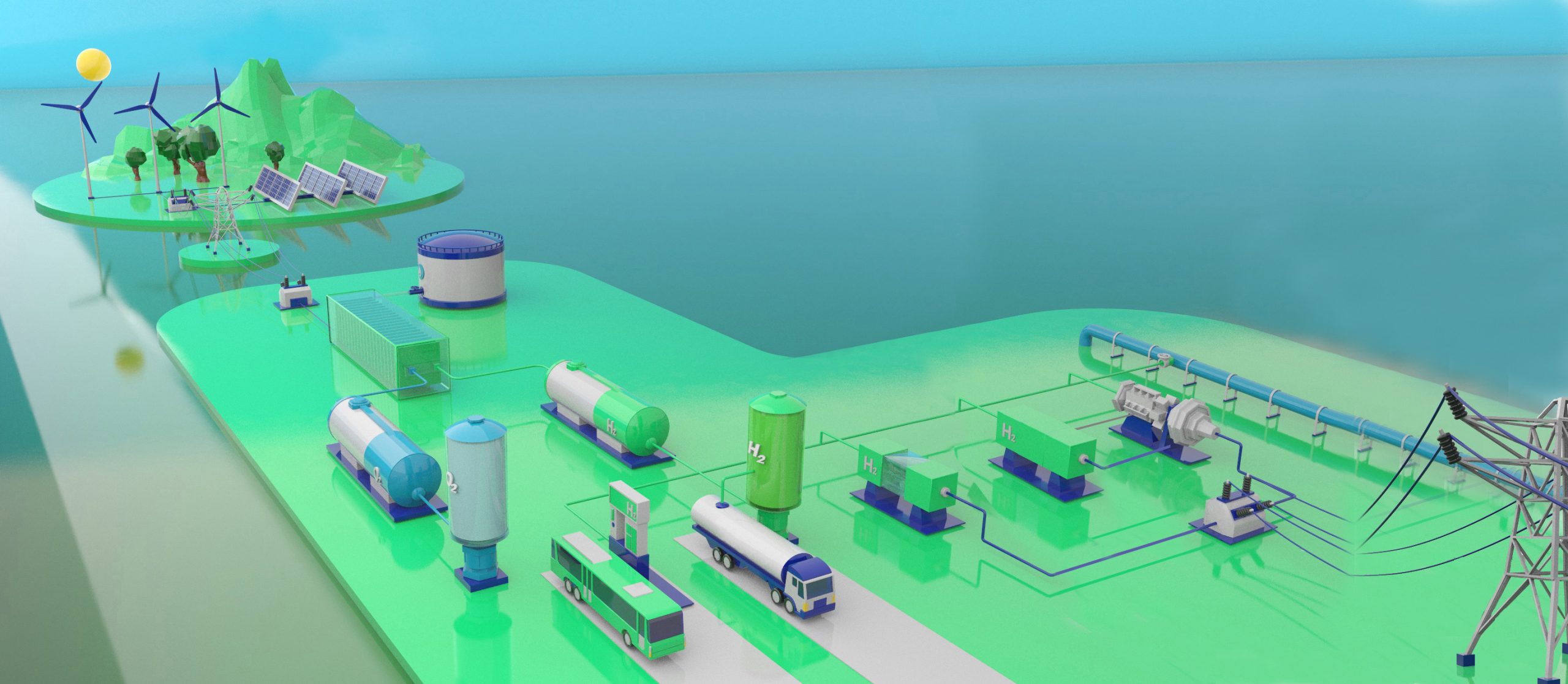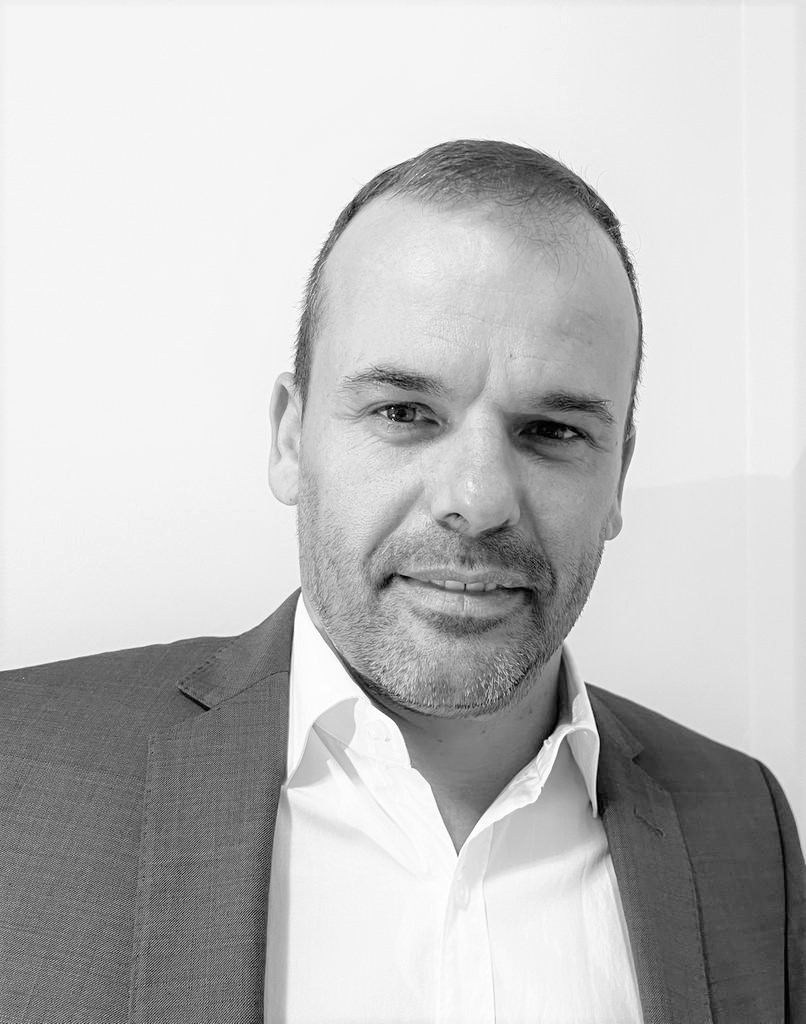
- Equality, diversity and inclusion
Categories:
Working in highly diverse environments requires a series of human qualities that are essential to carrying out complex projects that involve many professionals. On the European Diversity Month, we spoke with Arcadi Sanmartin, Civil & Structures Manager in Australia, on how an open and inclusive mindset that accepts all the people on a team and makes them feel safe creates better, healthier and more productive work environments.
You have spent years working in Australia. You have worked in multicultural, multidisciplinary and, no doubt, cognitively diverse teams. What were (or are) the challenges of working in a culture different from your own, on diverse teams?
Cognitively diverse teams are common in Sener, and our case is no exception. However, cultural diversity in Australia is a real phenomenon, one that is considerably different from what we are used to. The way they work here is also more relaxed, and work-life balance is very important. Sometimes we have to learn to disconnect a bit (and let others disconnect).
For example, about six months ago, we started to create a team to handle the civil part of Sener’s projects in Australia. As the director of the Civil & Structures Business Unit, I’m in charge of this task. Since then, we have grown from two to seventeen people. Growing so fast was a challenge, even more so considering that the people on the team come from eight different countries.
We have colleagues from some cultures who are more likely to accept orders or changes from the customer without complaining, or who are less willing to speak out, compared to others who are more used to dissenting. Integrating all these differences really is a challenge, one that takes time.
I want to work in a company where our colleagues, instead of complaining about work when they go out for beers with coworkers, inspire them to join our team!
Our team in Australia is promoting cognitive and cultural diversity, and we have safe spaces for professional development and to promote innovative ideas. We don’t want anyone to be left behind. This increases our people’s commitment and facilitates empathy among colleagues, which is very important in our current high workload environment.
We can’t afford to grow without a collaborative and inclusive culture: nothing else will do in a team as multicultural as ours. I want to work in a company where our colleagues, instead of complaining about work when they go out for beers with coworkers, inspire them to join our team!
What have you learned, and what advice would you give to those who embark on an international professional project?
I would recommend a lot of respect and common sense and enjoy the experience. I have been in Australia for three years, although before that I stayed for short periods of up to six months in different countries on five continents. I have seen ways of working and interacting that are completely different from one side of the world to the other. What I have learned is that obviously national culture plays a key role in people’s behavior, and we can’t make them change. Teams in Mumbai, Dunkirk and Sydney won’t work the same way, and in each case, we must learn to interact with an open mindset (that is essential), which will benefit everyone both professionally and personally.
Our teams need to feel free to propose ideas without fear of being wrong (…). That’s when the diversity of cultural perspectives can flow, and that can inspire creativity and promote innovation.
It is said that cognitive and experiential diversity is related to innovation. How do you think the capacity to innovate conditions cognitively diverse teams?
First, our teams need to feel free to propose ideas without fear of being wrong, to feel they can communicate and talk to everyone, even with directors. See that we are people, and we can deal with them with dignity and respect, regardless of the years of experience or position in the company. That’s when the diversity of cultural perspectives can flow, and that can inspire creativity and promote innovation. A knowledge of the local market also makes a company more competitive, improves its reach and makes it more profitable. If we impose a central vision, we lose out on all that richness and potential. Finally, a diverse team will clearly attract and retain talent from a broader base, which allows us to offer better and more innovative services. Diversity has a favorable impact on innovation, and thus offers more opportunities for personal and professional growth
The digital transformation is having an impact on the corporate culture of companies. What impact do you think it will have on equality, diversity and inclusion processes?
I think that it necessarily promotes processes of equality, diversity and inclusion. A well-led digital transformation promotes collaboration and transparency and makes us more flexible. If we encourage all our colleagues to get together and collaborate, ask for help, share opinions or suggestions, provide and receive criticism… without worrying about how the reaction of the rest of the team or superiors, we will be in a more favorable position to avoid toxic work cultures. That’s why we need to always listen a lot, talk, respect, help one another, and be accessible. The digital transformation has made it much easier for us to do all this, but it’s up to us to make the most of it. It’s just common sense, isn’t it?

 About us
About us